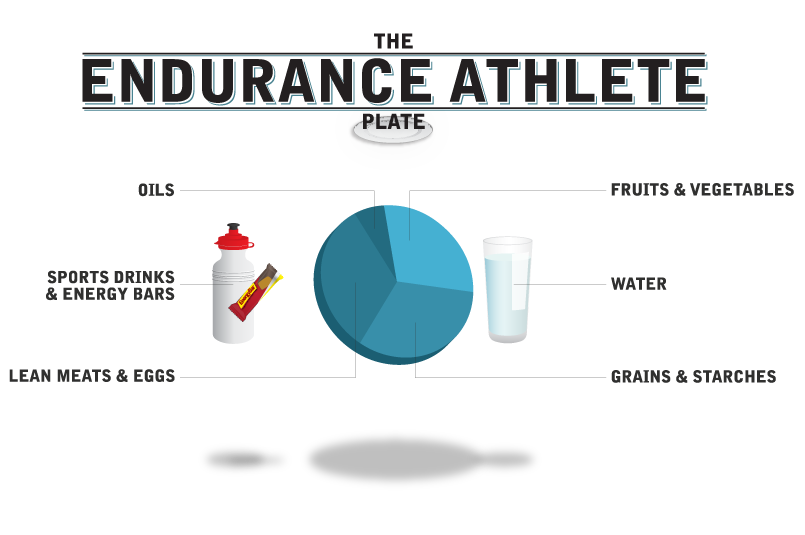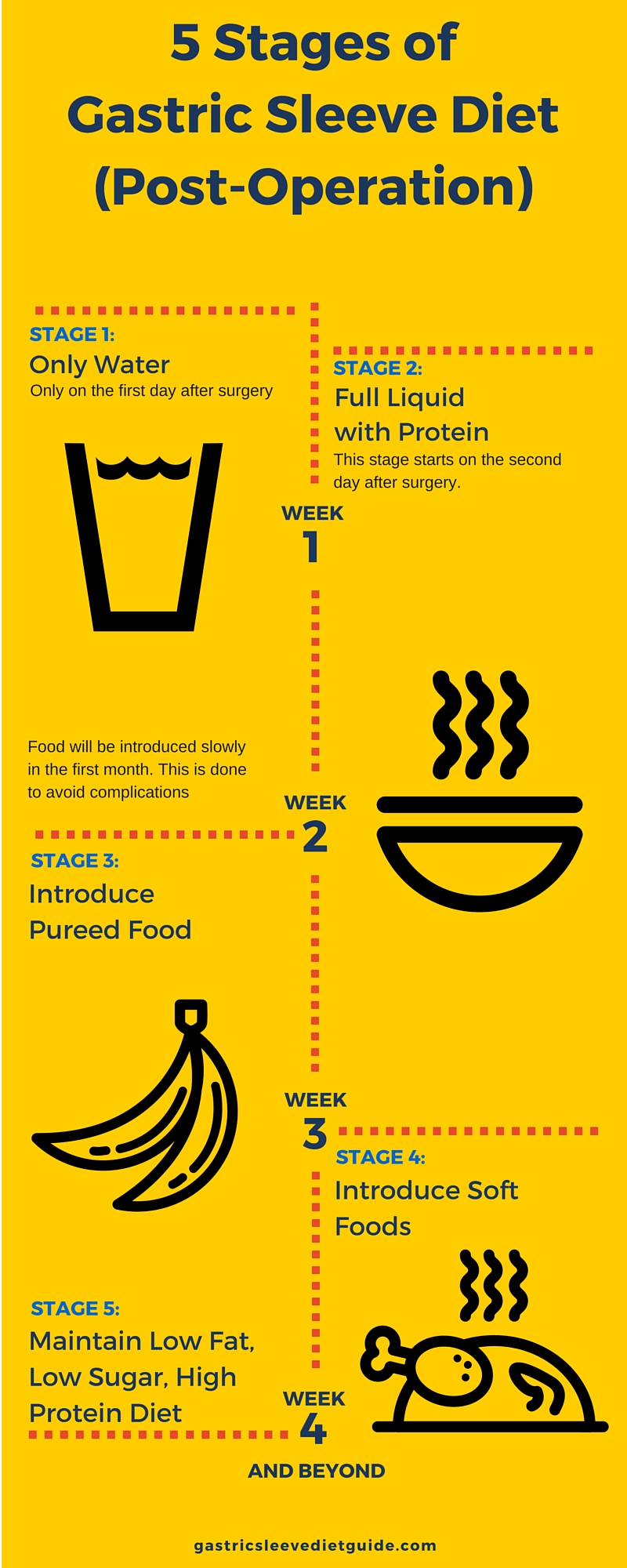It doesn’t matter how finely tuned or well-built a car is, if it isn’t properly fueled or maintained it’s not going to run well – or at all. The same is true of the endurance athlete. Months or years of strenuous, impeccably designed training can easily be ruined by a poor diet. And this diet has to move in parallel with those workouts – complementing them so that your body is able to recover and respond to the demands you’re placing on it.

But, as race day approaches, your diet becomes even more important. What you eat in the days and hours leading up to the event can literally make or break your performance. Now that you’re sufficiently scared, let’s talk about what you can do.
Fuel Up
Carbohydrates and fats are your body’s main source of fuel – working in an ever-changing blend depending on your needs. Generally speaking, carbohydrates break down faster and are better suited for short, intense activities like sprinting.
Fats, though, take longer to metabolize and are therefore more useful during longer, less intense bouts. As you may have experienced through years of a frustrating battle against yourself, your body does not like to get rid of fat and is extremely adept at storing it. The typical diet, therefore, provides enough fat for most endurance athletes.
Which brings us back to carbohydrates. Your body isn’t quite as skilled at packing away this particular fuel and thus needs a pretty steady intake. This is especially true for endurance athletes. On average, your body can store about 8g of carbohydrates in each pound of muscle and about another 100g in your liver. At 4 calories per gram, that means that most people can save up about 2 hours of moderate intensity work worth of fuel. But that time can be cut drastically shorter if the intensity increases.
To make sure you have all the carbs you need for your race, the first thing you need to do is consider the projected length of the event. For races like 5Ks that usually don’t last over 90 minutes, you won’t really need to do anything special. Longer than that, however, and you’ll have to start carb-loading to various degrees. For long races like marathons that usually go over 3 hours, you’ll need to add about 4 or 5g of low-fiber carbs per pound of lean body weight to your diet each day for the three days leading up to the race. For shorter events, a one or two day carb-load will generally suffice.
Building Muscle
It might be strange to think about but each workout actually does tons of damage to your muscles – covering them in tiny, microscopic tears. In response to this damage, though, your body decides that those muscles need to be rebuilt bigger and stronger, so that next time they’re challenge, they’ll be ready.
Once you workout and send your brain those signals, then, it’s your job to provide it with the raw materials for that rebuilding work. To do this, an adequate healthy protein intake is absolutely necessary. For the endurance athlete, an intake of .8g of protein per pound of body weight should be enough to support your training.
Studies have also found, though, that protein can make a massive difference during the event as well. In long races, lasting several hours, many elite athletes will ingest some form of protein to prevent soreness and fatigue. Branched-chain amino acids are particularly useful for this purpose since they can be taken quickly and have been shown to prevent muscle soreness and damage, while increasing overall performance.

Herry a man of many talents and interests. He has been writing on health for years and his blog covers everything from diet to natural remedies, fitness, and more. He loves learning about new things like supplements like turmeric, probiotics, green tea extract, protein powders etc., because he wants to give his readers the latest information they need in order to make healthy decisions for themselves or their loved ones.












